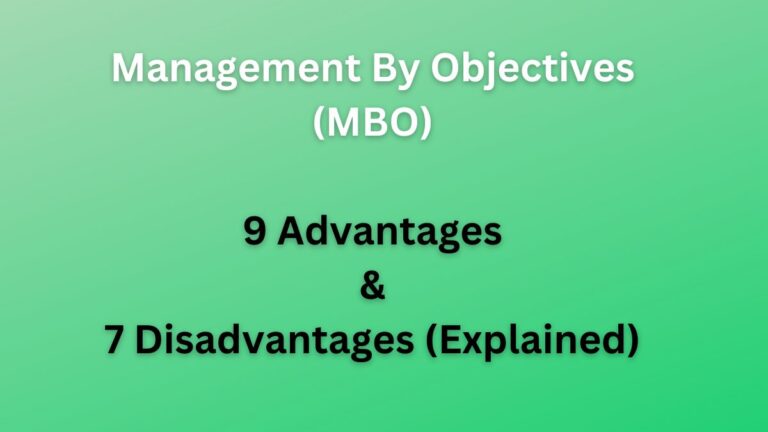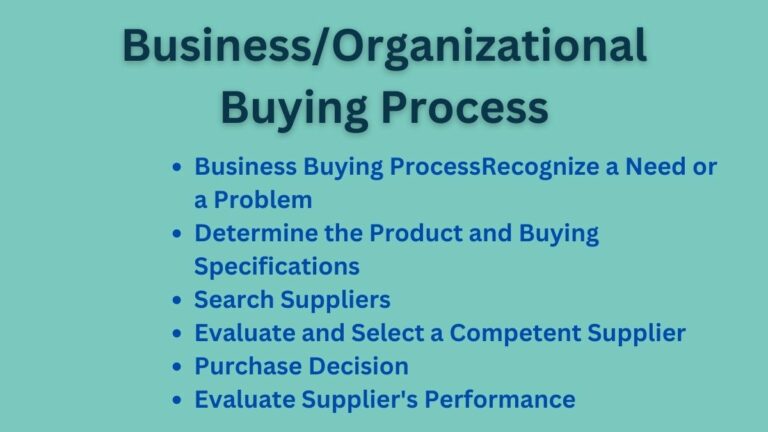Remuneration of Personnel Principle of Management (Explained)
Remuneration of Personnel Principle
The principle remuneration of personnel states that there should be a fair payment system in the organization. A fair payment system means reasonably aligning work done and payment received.
Remuneration means a reward or wage that pays employees to get from their contribution to the organization.
This management principle argues that the reward should be reasonable that satisfies both management and employees. A manager should determine wages on the basis of employees’ responsibilities, experience, qualifications, cost of living, productivity, market condition, financial stage of the firm, and overall contribution of employees.
Fair pay motivates employees to give their best, it motivates them, increases employee satisfaction, better relationships are built, productivity may increase, and supports the effective and efficient achievement of organizational goals.
Related: The 14 Principles of Management
It is a fact that every employee involves in organizational activities for earning their bread. Everyone expects fair pay that matches their contribution. But when a fair reward is not implemented this decreases employees’ morale, lower employee motivation, turnover increases, and the overall performance of the organization is lowered.
Thus, at the core of the remuneration of personnel principle managers must maintain a fair payment system in the organization. He must match employees’ contributions, the organization’s goals, and paying capacity of the organization. In addition, he must set a basic salary and also introduce different monetary and non-monetary rewards introducing some conditions or targets.
Advantages of this Principle:
- Fair pay increases employee motivation.
- Employee satisfaction goes on increasing.
- Productivity and improved performance are seen.
- A better relationship is built in the workplace.
- Supports efficient and effective completion of tasks and achievement of goals.
- Employees stay longer in the organization.
Results of Avoiding this Principle:
- There may be payment conflicts between employees and management.
- Employee morale and satisfaction will go on decreasing.
- Reduced employee motivation.
- Turnover will go on increasing.
- The turnover further increases management costs for hiring new candidates.
Read Next: Unity of Direction Principle
Sajan Kushmi is a content writer with more than 4 years of experience. He holds BIM Degree. He write on the topics related to Management, Marketing, and Entrepreneurship.







Please help me discuss the following principles of management
1 Division of labour
2 Unity of command
3 Fair of Remuneration
4Equity
Hi, please visit this page https://bokastutor.org/principles-of-management/